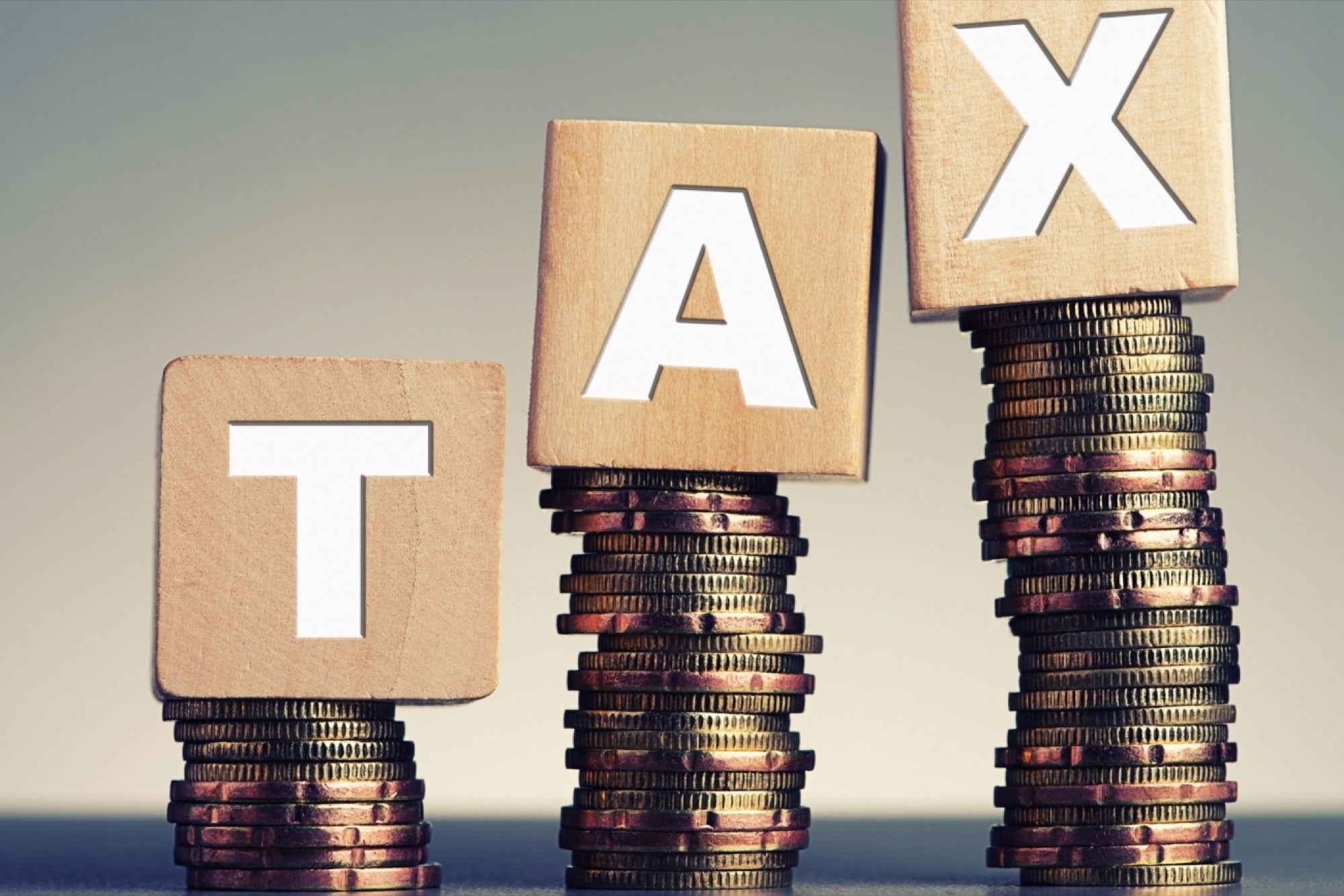What Will VAT Mean For Companies In The UAE? We explore how accountants will benefit from the introduction of VAT in the GCC in 2018.
By Neil Petch
Opinions expressed by Entrepreneur contributors are their own.
You're reading Entrepreneur Middle East, an international franchise of Entrepreneur Media.

Is it boom time for VAT specialists in the UAE? Following the announcement last year that the UAE will introduce VAT on the 1st of January 2018, those of us working here must prepare for a huge shift in the economic and financial landscape. In most cases it will not be cost-effective for smaller businesses to rely on giant firms, so there is a very real opportunity for independent consultants and startup businesses to step in and help with the journey to VAT readiness and compliance.
Advisors with direct VAT knowledge will be needed to help prepare businesses in the run-up, while advisors with compliance and supervisory qualifications will be required once tax is being collected from next year. This is opening the door for consultants with the right backgrounds and blend of skills, and it will certainly create many new positions across the Gulf for tax and accountancy specialists.
The framework for VAT
VAT (Value Added Tax) is a consumption levy imposed on goods and services, and is near universal across the world. The decision to introduce it to the Gulf states has been prompted by the need to diversify the regional economy and boost revenue generation, and in particular to reduce dependence on oil revenues. The change has far-reaching implications both for businesses in the region and for the service companies and professionals who advise them on accountancy and financial matters.
So, what will VAT mean for the business community? It's a complex topic and the fine details are still being worked out as the countdown to January 2018 begins, but the framework is reasonably clear. The tax will apply to almost all goods and services except basic food items, education and healthcare, and it will be set at 5%. Every business function will be affected, from IT and human resources through to procurement, finance, and marketing. This is because VAT is a requirement at every stage in the supply chain.
Although large corporations, SMEs and small family businesses all have potential liabilities, only companies with revenue over a specific amount will have to register for VAT by law. The Ministry of Finance has confirmed that businesses with an annual revenue of more than AED 375,000 will be required to register for VAT, while those with a revenue of between AED 187,500 and AED 375,000 can choose whether they wish to register during the initial roll out or postpone it until later. Businesses will be able to register for VAT with the Ministry of Finance from October 2017, by which time all the requirements will be known.
Free zones and VAT
The VAT position in the free zones begs a few questions and needs some clarifications before the ground rules are fixed. For example, assessors must consider how to class goods and services that are obtained inside a free zone but which have originated outside the zone, be it from the same region or from overseas. And they must also consider how to treat suppliers between different free zones, as well as be aware of any tax nuances and variations between the six member states of the Gulf Cooperation Council (GCC), who will apply VAT in accordance with specific local rules and regulations.
VAT planning and advice
With less than 10 months to go before VAT is introduced, comprehensive planning, preparation and checking is essential to ensure a smooth transition. Businesses must educate their staff, customers and vendors, and reconfigure all their systems. This is no small undertaking in a region that is used to subsidies and has no experience of taxation. It is a cultural change as much as an economic one, and requires detailed impact assessment and change management. If VAT is not applied correctly, businesses will find themselves in an administrative and financial mess, and failure to comply with the new tax laws will also incur penalties.
Research has shown that many companies have been slow to respond. According to an EY survey in 2016, more than 50% of companies in the GCC had made no preparations. Glancing further afield, the example of Malaysia, which introduced a goods and services tax in 2015, but without adequate preparation on the part of many businesses, underlines the importance of timely planning, and companies that delay their preparations may well be compromised when the tax becomes law.
Related: An Introduction To The Legal Landscape Of The UAE
Key steps for compliance
During 2017, businesses must assess the capability of their existing systems, flag contracts that need VAT action, identify inter-company transactions, and provide appropriate training for staff. All goods sold and all services offered must be VAT rated, and all taxable items from suppliers will need to be properly recorded and charged. Scrupulous cash accounting and record-keeping are crucial at all levels throughout the business in order to satisfy the tax authorities and ensure that tax returns are filed when due, which is likely to be every three months.
This means tighter controls and professional oversight at every stage in the business cycle. Invoices and records, filing systems, collection and payment procedures, remittance of VAT returns: all need to be brought into line and rigorously checked so that VAT can be collected smoothly and efficiently, and with clear audit trails. This can be particularly demanding for smaller businesses with fewer resources, but every enterprise now faces the same challenge to navigate the steps to become VAT ready and then meet a new and ongoing tax obligation. And even businesses that currently fall outside the VAT threshold must still review their positions.
Boom time for VAT specialists
It is a challenge that is bringing accountants and other financial advisers to the fore, as they have an important role to play in helping the local community to adjust to the new tax regime. Lack of familiarity with VAT is a significant obstacle, particularly for businesses that have relatively basic accounting systems, and some small businesses may not even keep formal records. Expert advice and guidance is needed so that businesses can map their activities and understand their VAT liabilities across the supply chain. Businesses in the Emirates would be well advised to seek professional help as soon as possible.
Opportunities for entrepreneurs
Business-to-business opportunities in the UAE will grow as the year progresses and the urgency to be ready for the VAT D-Day increases. Many vacancies are being posted for tax and accountancy professionals who can advise companies or work with the government, and there is a gap in the market for VAT-savvy entrepreneurs with the right skillsets to steer companies through the many changes required between now and January 1st, 2018 – and of course thereafter. VAT managers, auditors, IT experts, accountants, and analysts of all descriptions are in demand to oversee the transformation.
While the big accountancy firms will reinforce their existing teams and enhance their tax advisory services, some businesses will increase in-house capabilities by hiring their own teams. But there is a real opportunity for independent consultants and startup businesses to step in and assist smaller companies to become compliant.
Time is running out, and businesses in the UAE must start preparing with haste if they want to be ready for 2018. For many, taxes are now a certainty, and even if your business currently falls below the VAT threshold, you must still be tax-aware and financially focused.
Related: Redefining Pricing Strategies As GCC Gets Set To Welcome VAT













